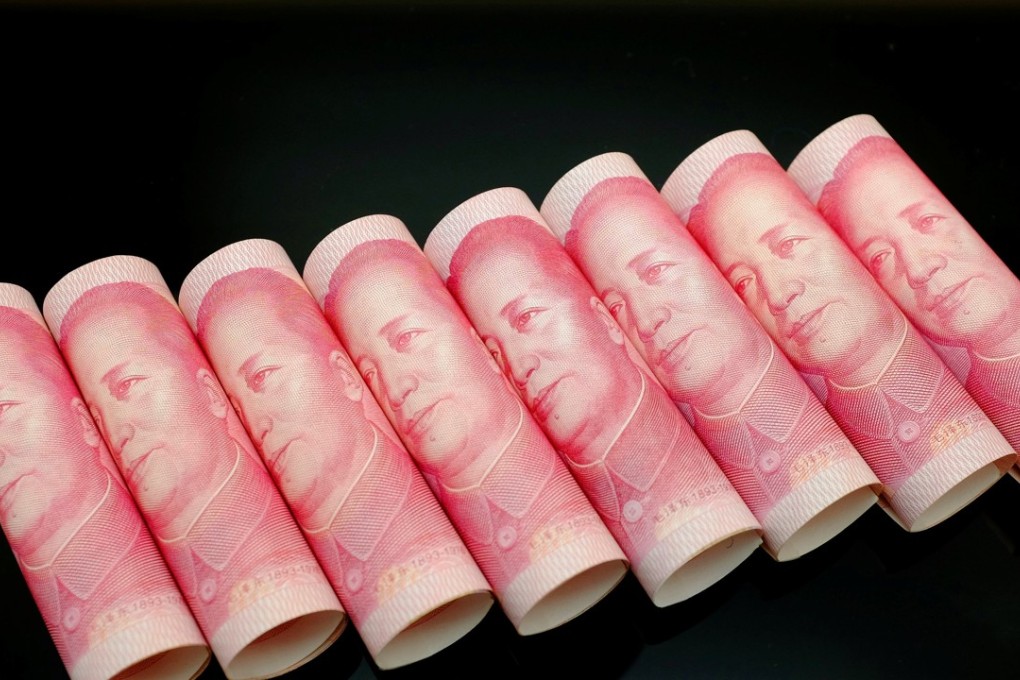Don’t hold your breath for the yuan to be convertible, as stability trumps all in the Chinese Dream

Was it just me, or did the entire 204-member Central Committee of the Communist Party of China break into their cover version of Queen’s Xi is the Champion at the closing of the 19th Party Congress on Tuesday?
No? OK, then it was just me. Yet following the Congress, certainty, no one can be in any doubt of President Xi Jinping’s political supremacy and the vaulting ambitions for his “Chinese Dream,” particularly as it relates to the force projection of China’s influence abroad.
In fact, the party’s twice-a-decade meeting absolutely positioned China as the champion of globalisation and free trade, highlighting its multi-trillion dollar Belt and Road Initiativewhich is already creating trade links with Europe and Asia encompassing markets equivalent to almost one third of the global economy.
But as I listened to reports of the Congress, I could not help but note the incongruities and ambiguities inherent in China’s state-driven approach to promoting economic growth abroad. Foremost among, and representative of, these inconsistencies is the vexing issue of the convertibility of its currency, the renminbi.
Full convertibility of the renminbi, also known as the yuan, has long been one of China’s critical Don’t Hold Your Breath initiatives. The People’s Bank of China, as the country’s central bank is called, first committed to a fully liberalised capital account during the 1990s.
In 2010, it moved the target to 2015 for a full opening. According to the central bank’s Deputy Governor Yi Gang - who spoke at a New York conference as recently as April - full convertibility is now scheduled for 2020. Personally, I don’t think it’s going to happen before 2030.
A kind interpretation of China’s approach to the yuan - and its offshore variant, known among currency traders by the code CNH - would describe its liberalisation as a grand experiment without modern precedent, whereby the currency is internationalised first before becoming convertible later.
A slightly harsher view would suggest that globalisation combined with a non-convertible currency - almost by definition - is at best self-limiting and worse, destined to fail.